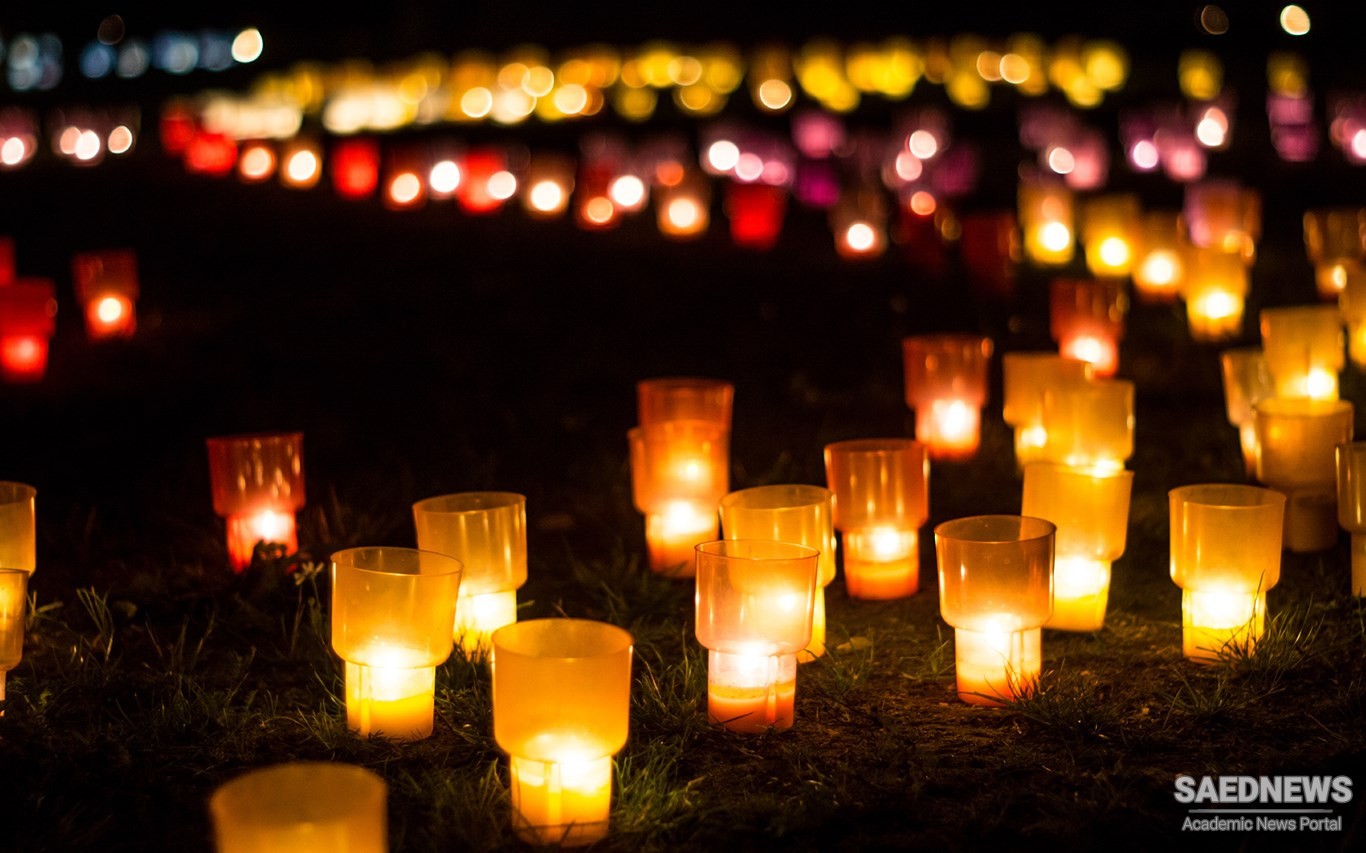The popularity of religious travel can be seen not only in the increase of religiously motivated travel to sacred sites but also in the combining of New Age spirituality with pilgrimage travel. The concept of religion has shifted with the advent of modern secularizing trends, such as post-industrialism, cultural pluralism, and scientific rationality, which have, according to some social commentators, led to decreasing significance of religious institutions and their associated practices. As such, the term “religion” is used in everyday public discourse to refer to things outside the realm of traditional religious institutions. This may come in part, as Williams suggests, in that the use of such terms in everyday vernacular “reflect[s] the deep penetration of New Age ideas of ‘spirituality’ into . . . culture”. As a result of both of these secularizing trends and the changing use of the word religion, religion is being seen more and more as a privatized and pluralized experience where the “spiritual” and the “religious” are separate. As Heelas notes, “people have what they take to be ‘spiritual’ experiences without having to hold religious beliefs.” In other words, spirituality is an individual experience that is outside “preconstituted discourse[s] of meaning”, where experimenting with the mixing of various religious traditions – both traditional and alternative – is seen as both accepted and encouraged; thus making “real” religion identifiable with personal faith outside of religious institutions. Thus, many people who consider themselves spiritual would not see themselves as religious and vice versa. In fact, atheists and agnostics may also have deep spiritual experiences in relation to nature and their own self-consciousness without believing in god or any organized religious affiliation (Source: Tourism, Religion and Spiritual Journeys).


 Religiously Grounded Culture of Post-Sassanid Persia
Religiously Grounded Culture of Post-Sassanid Persia














































